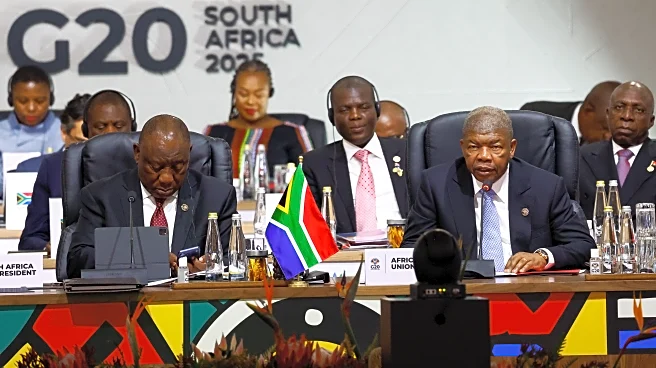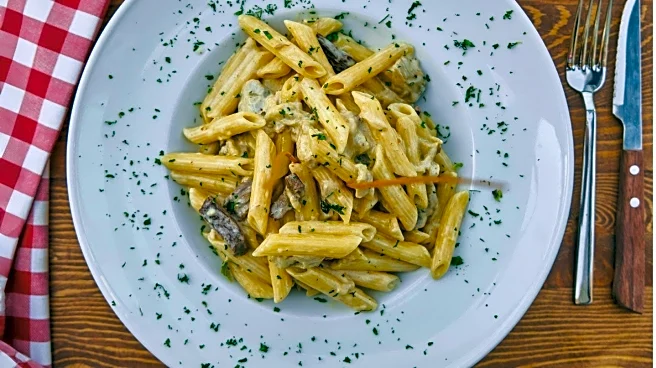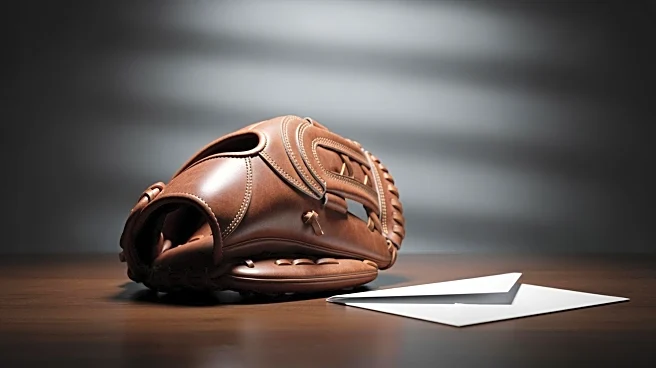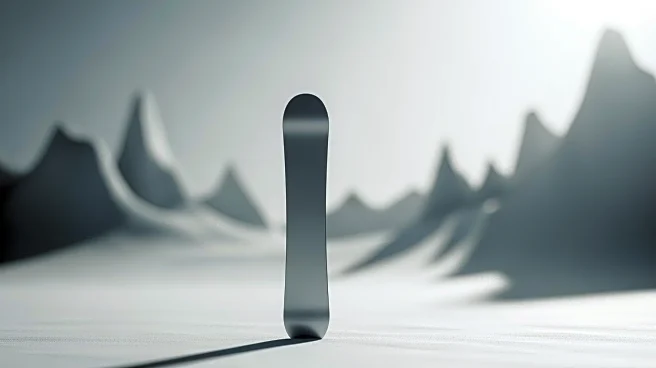By Matt Spetalnick and Ismail Shakil
(Reuters) -The U.S. imposed sanctions on Brazilian Supreme Court Justice Alexandre de Moraes on Wednesday, accusing him of authorizing arbitrary pre-trial detentions
and suppressing freedom of expression.
Moraes is overseeing the criminal case against former President Jair Bolsonaro, who has been charged with plotting a coup. U.S. President Donald Trump has tied new tariffs on Brazil to what he called a "witch hunt" against his right-wing ally.
The announcement by the U.S. Treasury Department follows Secretary of State Marco Rubio's statement in June saying Washington was considering sanctioning the judge.
Moraes was sanctioned under the Global Magnitsky Act, which allows the U.S. to impose economic penalties against foreigners it considers to have a record of corruption or human rights abuses.
“Alexandre de Moraes has taken it upon himself to be judge and jury in an unlawful witch hunt against U.S. and Brazilian citizens and companies,” U.S. Treasury Secretary Scott Bessent said in a statement.
Moraes, he said, "is responsible for an oppressive campaign of censorship, arbitrary detentions that violate human rights, and politicized prosecutions -- including against former President Jair Bolsonaro."
Moraes recently ordered Bolsonaro to wear an ankle bracelet and stop using social media over allegations that he courted the interference from Trump.
There was no immediate comment from Moraes or Brazil's Supreme Court.
Earlier this month, Washington escalated tensions with the government of Latin America's largest economy, imposing U.S. visa restrictions on Moraes, his family and other unnamed court officials.
Brazilian President Luiz Inacio Lula da Silva denounced that move as "arbitrary" and "baseless," and said foreign interference in the judiciary was "unacceptable." The leftist leader said in a statement that the U.S. action violated fundamental principles of respect and sovereignty between nations.
The visa bans were a response to the Supreme Court's decision to issue search warrants and restraining orders targeting Bolsonaro, who is accused of plotting a coup to overturn the results of a 2022 election he lost.
In a letter in mid-July, when Trump announced a 50% tariff on Brazilian goods starting August 1, he opened the message with criticism of Bolsonaro's prosecution.
Bolsonaro has denied that he led an attempt to overthrow the government but has acknowledged taking part in meetings aimed at reversing the election's outcome.
(Reporting by Matt Spetalnick in Washington and Ismail Shakil in Ottawa; Editing by Doina Chiacu and David Gregorio)












